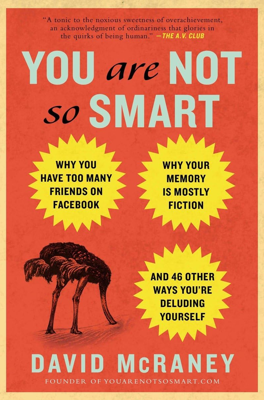The Illusion of Control
Misconception vs. Truth
Misconception: You know how much control you have over your surroundings.
Truth: You often believe you have control over outcomes that are either random or are too complex to predict.
The Gambler's Fallacy
- The gambler's fallacy, also known as the Monte Carlo fallacy, is the belief that future probabilities are influenced by past events in random sequences.
- Example: In 1913, gamblers at Monte Carlo Casino bet heavily on red after black came up twenty-six times in a row on the roulette table, incorrectly thinking red was "due."
- Randomness remains consistent, and past events do not affect future outcomes in games of chance.
Illusion of Control in Gambling
- People often feel they can control outcomes in gambling through rituals or systems, such as always sitting in certain seats or using specific slot machines.
- Examples include feeling a slot machine must be about to pay off after a series of losses or thinking that blowing on dice can influence the roll.
Pattern Recognition and Random Events
- Human brains are wired for pattern recognition, leading to the perception of patterns in random events.
- Each event in games of chance (like rolling dice or flipping coins) is statistically independent of the past events, but pattern recognition can trick you into expecting certain outcomes.
Studies on Perceived Control
Voodoo Doll Experiment (2006)
- Subjects believed they could cause harm by sticking pins into a voodoo doll of a rude person, showing that negative thoughts can amplify the illusion of control.
Basketball Shooting Experiment
- Participants who visualized a shooter making baskets thought they influenced the outcome more than those who visualized the shooter lifting weights.
Ellen Langer's Studies on the Illusion of Control
- Card and Lottery Games: Subjects bet more confidently against nervous opponents and demanded more money for self-picked lottery numbers.
- Coin Flipping: Subjects who guessed correctly early on believed they could improve with practice, despite outcomes being random.
Psychological Research on Power and Control
- Essay Experiment (Fast and Gruenfeld, 2008):
- People who wrote about being leaders were more likely to want to roll dice themselves, showing that power primes the illusion of control.
Implications of the Illusion of Control
- Self-Esteem: Believing in control can boost self-esteem and lead to persistent efforts, contributing to success in some cases but also to delusional thinking and potential failures.
- Planning and Failure: Recognizing the limits of control is crucial. Planning for potential failures while striving for control over manageable aspects can lead to better outcomes and a healthier approach to uncertainty.
Conclusion
- The illusion of control is pervasive and can positively affect effort and perseverance but also leads to misunderstandings of randomness and unintended consequences.
- Focus on controlling small, significant aspects while acknowledging and preparing for the chaotic and unpredictable nature of the broader world.
